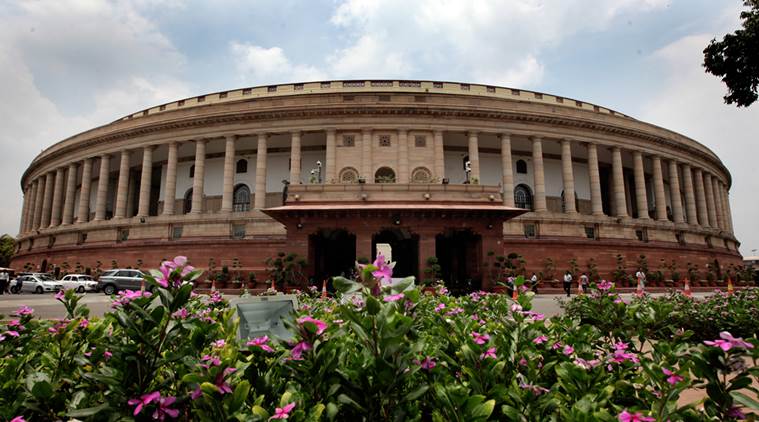The state’s social policy on economic disadvantage is simply inconsistent
The skewed definition of inequality in quota for economically weak makes it constitutionally suspect.

A welfarist measure always seems utopian, but the devil lies in the details. Parliament’s decision to approve the 124th Constitutional amendment treads tenuously on this predicament. On the one hand, Parliament has enacted economic disadvantage as a ground for reservation into the Constitution; on the other hand, the sword of legal propriety hangs on the amendment. Succinctly put, the 124th Amendment Bill seeks to provide reservation in the matters of education (Article 15) and public employment (Article 16) to economically disadvantaged sections of the society.
In modern societies, economic debilitation impairs access to educational opportunities, which in turns mars the capability to realise human potential. Therefore, it becomes the state’s responsibility, more so for a socialist-democratic welfare state, that access to educational institutions and public employment is opened up. The Economically Weaker Section (EWS) carved out by the 124th Amendment, cuts across erstwhile limitations of caste and religion, enabling a policy that serves a larger segment of beneficiaries. However, the Bill has the potential to run afoul of constitutional propriety.
First, it is not clear in the Bill if the proposed reservation will apply vertically or horizontally. While vertical categories run exclusive to each other (SC, ST, and OBC), horizontal categories can overlap (women, persons with disabilities). If run vertically, as is being contended by the government, the policy would breach the 50 per cent cap on reservation espoused by the Supreme Court in Indra Sawhney (1992).
Second, running the policy vertically would also jeopardise the Right to Equality under Article 14 of the Constitution. An SC/ST/OBC poor would be restricted from claiming reservation under the EWS quota despite being both economically disadvantaged and socio-educationally backward.







































No hay comentarios:
Publicar un comentario